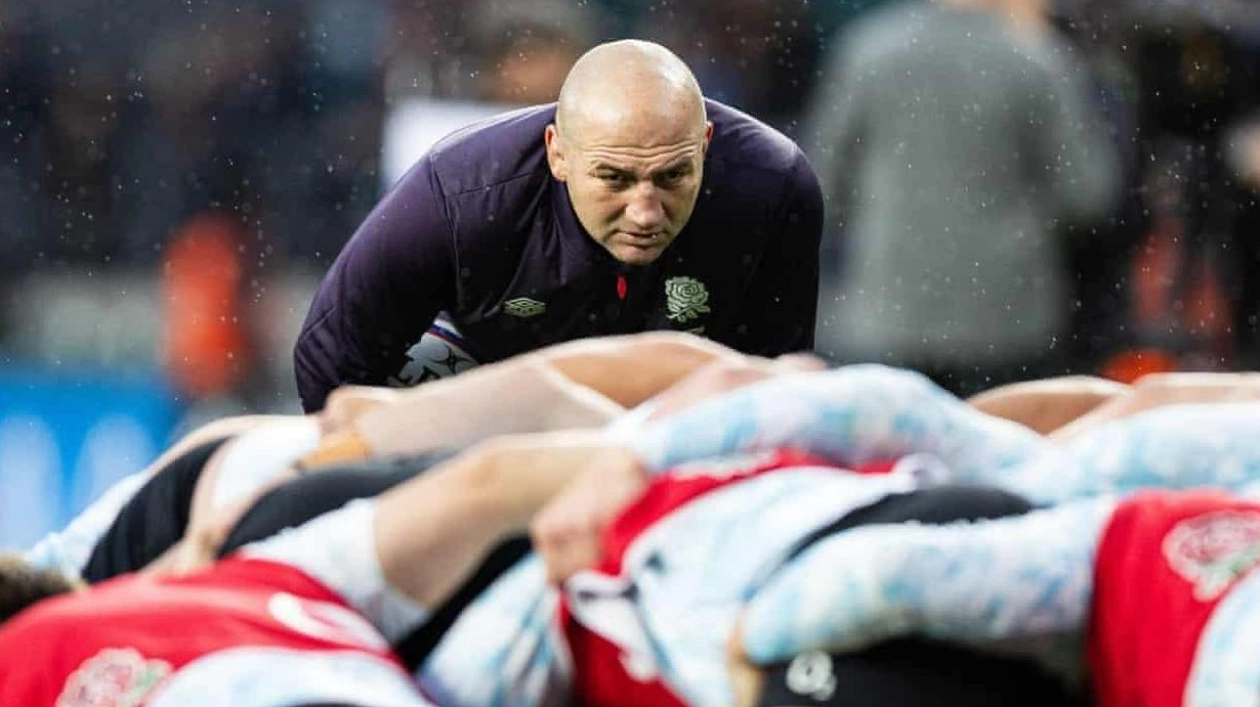As is customary, after one final night together, possibly sharing a collective sigh of relief at ending their losing streak against Japan, England’s players have returned to their respective clubs. What is less typical is that the coaches have done the same, but Joe El-Abd’s Oyonnax are currently struggling at the bottom of the French second division, necessitating his return. El-Abd’s job-share arrangement will see him spending most of the next two months in the Jura mountains, which, to borrow a phrase from the Rugby Football Union, is far from ideal. This is particularly true given that, after their nine-try victory over Japan, captain Jamie George acknowledged what many have observed—England’s defense, nicknamed “the Hammer,” remains a significant area for improvement. George believes it is 80% there, but there has been a noticeable regression since Felix Jones was relegated to video analysis, according to Steve Borthwick.
Borthwick is undeterred and continues to plan for the Six Nations. With 20 Autumn Nations Series Tests completed and one more to come in Dublin, Borthwick, known for his relentless work ethic, intends to review all matches before presenting to his superiors. They will assess England’s performance in January and task Borthwick with winning four out of five Six Nations matches. Leaving Twickenham as Storm Bert battered the aging stadium, it became clear that it’s not just the venue stuck in the past. Excuses about player fitness and club integration have been heard before. Why should next year’s Six Nations be any different?
Borthwick remains loyal to his players and has no plans for a personnel overhaul. He is convinced that England has improved, particularly in ball movement and courage, with Marcus Smith often leading the charge. However, England’s fast-paced play is largely out of necessity due to a lack of powerful athletes. Bristol’s South African centre Benhard Janse van Rensburg is on the radar, but his eligibility is still pending. Hoskins Sotutu will be eligible next November if New Zealand continues to overlook him, but Borthwick would need him to join a Premiership side. Kyle Sinckler, in fine form for Toulon, remains out of reach in France.
The £264m Professional Game Partnership, signed over the summer, and the 17 enhanced contracts Borthwick distributed before the autumn campaign, give him “final say” on strength and conditioning matters. However, concrete evidence of this impact is scarce. Borthwick aims to ensure better physical preparation aligned with clubs to maximize player performance ahead of the Six Nations. But without a replacement for Aled Walters, the execution remains unclear. Smith admitted he knows little about the PGP, focusing instead on his club’s performance.
Borthwick was asked if he could convene the 17 players on enhanced contracts during club time. He shook his head, explaining there would be a one-day alignment camp in January, which, given the cost of the PGP, could be an expensive day. Borthwick emphasized the importance of English clubs doing well in Europe, ensuring players are in form for the Six Nations. However, he acknowledged that Premiership clubs could field weaker teams in Europe, and there’s little he can do about it.
England’s Six Nations campaign begins away to Ireland, a daunting prospect. In 2019, after five straight defeats under Eddie Jones, England produced one of their best performances in Dublin. Can the enhanced contracts make a significant enough difference this time? Borthwick is determined to ensure English rugby’s long-term success, but another disappointing Six Nations campaign could jeopardize his tenure.
Source link: https://www.theguardian.com






